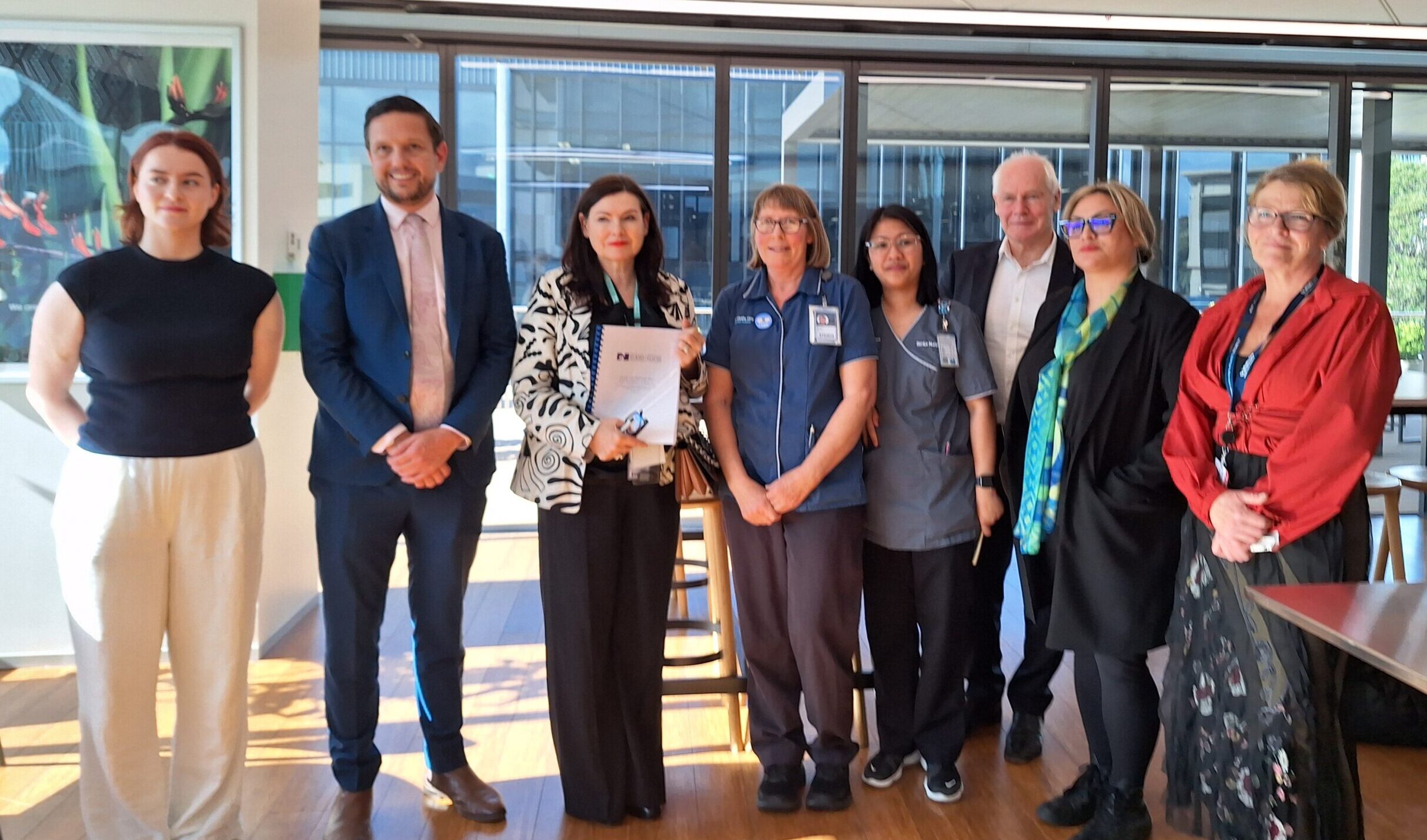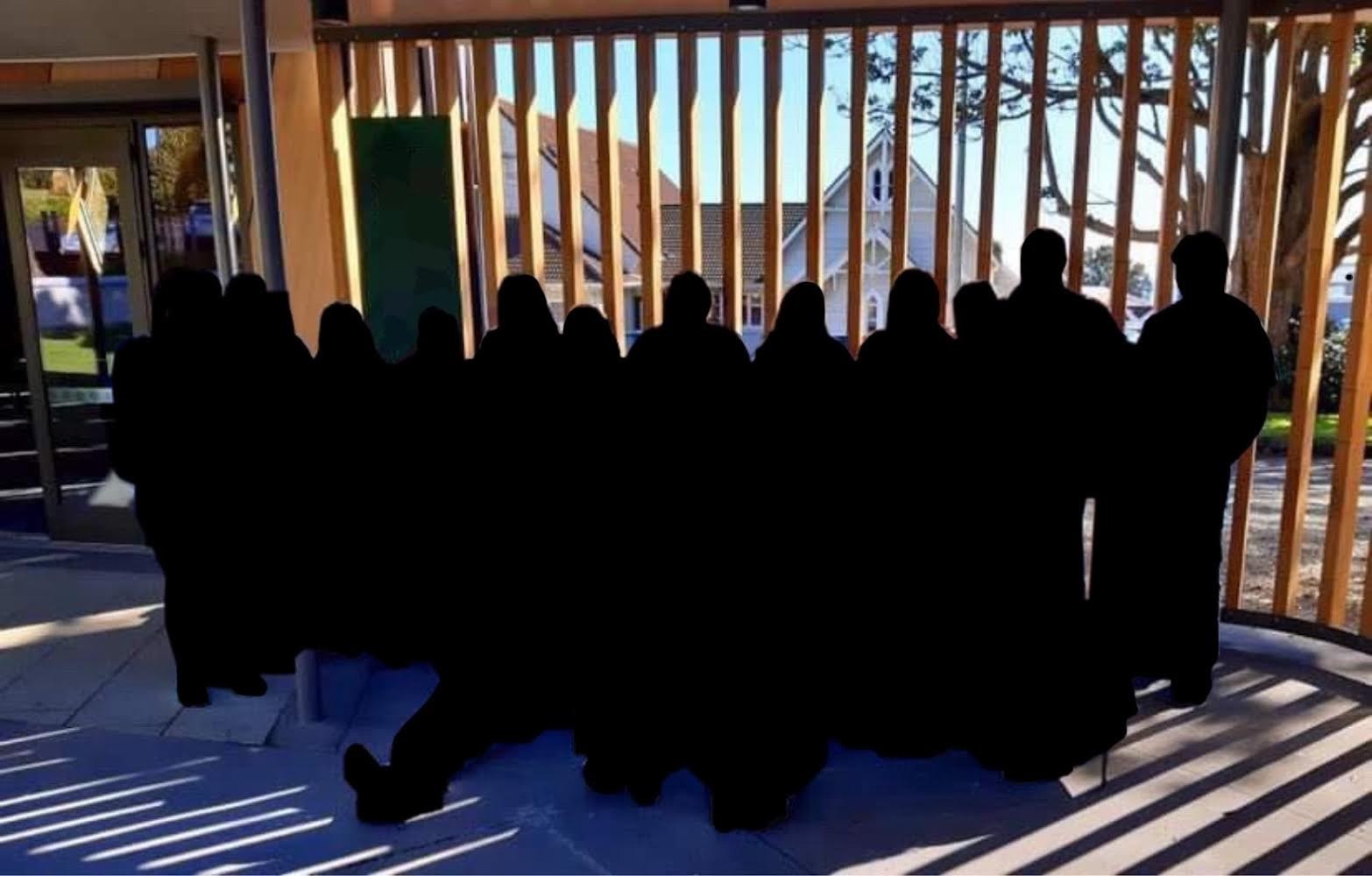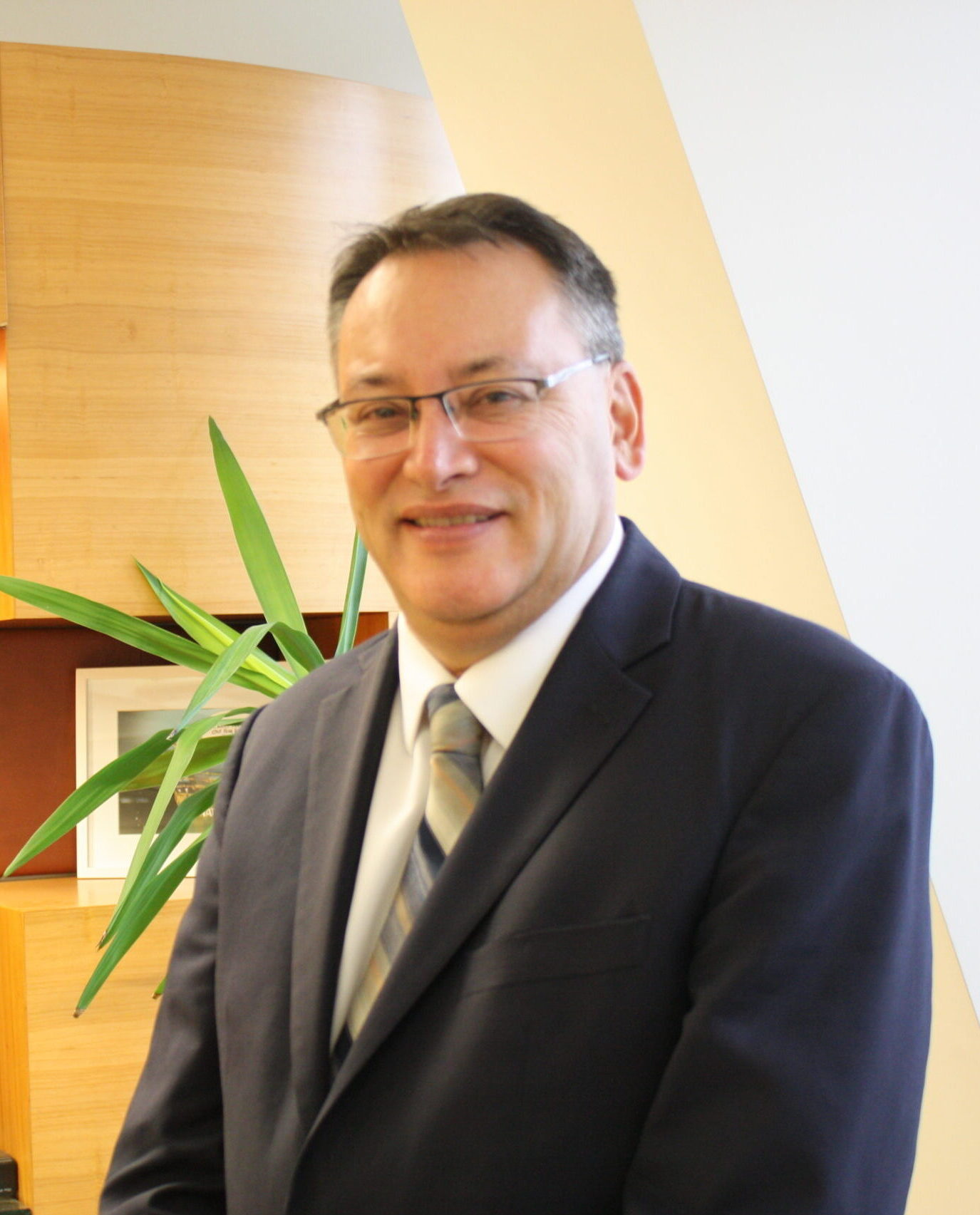Instead, roles would likely be in community or primary health, or aged care, Te Whatu Ora’s chief people officer Andrew Slater told Kaitiaki.
Scores of new graduates recently spoke of feeling “blindsided and abandoned” by the Government and Te Whatu Ora after only three in five secured supported entry hospital roles — despite long-publicised nursing shortages.
Many said they were leaving for Australia — one adding she would “never” work for Te Whatu Ora or the New Zealand Government after her experience and dashed hopes.
In response, Slater is blaming a 2900-strong nurse recruitment blitz for why Te Whatu Ora had only been able to employ three in five graduates.
‘We understand graduate nurses began training with the reasonable expectation there would be a role at Health NZ when they finished.’

“We understand graduate nurses began training with the reasonable expectation there would be a role at Health NZ when they finished,” Slater said. “We recognise this [recruitment] success has significantly changed the nursing workforce landscape and resulted in far fewer vacancies than in 2023.”
But it wasn’t unusual for graduates to not get work straight away, he added.
“We know those yet to be placed will remain concerned. It’s not unusual for graduate nurses to not be employed immediately following registration and we’ll continue to work with them to find roles.”

Last year, there were 541 registered nurse (RN) entry roles available at Te Whatu Ora (and some private employers) through its job-matching database ACE — about 60 per cent more than this year.
Internationally-qualified nurses (IQNs) numbers have also grown from 36 to 45 per cent of the workforce over the past year.
‘We are confident placement of nurses will continue over the coming weeks and months, as district and regional leaders consider recruitment within their budget parameters.’
‘More jobs coming’ – Te Whatu Ora
Slater said of the latest 535 graduates who applied to be matched to nursing-entry-to-practice / specialist practice (NETP/NESP) roles at Te Whatu Ora through ACE, 334 had been matched to hospital roles, including mental health and addictions. Another 35 had been matched to primary health, aged care or private hospital roles.
Of the 166 remaining, two had been offered roles and four had withdrawn applications, leaving 160 in the talent pool, Slater said.

“We are confident placement of nurses will continue over the coming weeks and months, as district and regional leaders consider recruitment within their budget parameters.”

In total, there are 629 mid-year graduates, a mix of RNs and enrolled nurses, with thousands more graduates expected at year’s end.
There were 4800 nurse vacancies identified in last year’s health workforce plan, but current vacancies are unclear. Kaitiaki has asked Te Whatu Ora for its latest figures.
Leaked reports of a hiring freeze on nursing graduates first emerged in June. Shortly after, in July, Te Whatu Ora’s board was dissolved and replaced with former chair Lester Levy as commissioner, amid claims of a $1.4 billion overspend.
Levy has been tasked with cutting spending, but says he will target up to 3000 non-clinical jobs, not frontline staff — an assurance Minister of Health Shane Reti says he will be monitoring.
Labour disputes financial mismanagement, saying the Government is not putting enough into the health budget.
It was later revealed 14 layers of management identified by Prime Minister Christopher Luxon included patients and their nurse or doctor.
See also: Letters from distressed new graduates.



